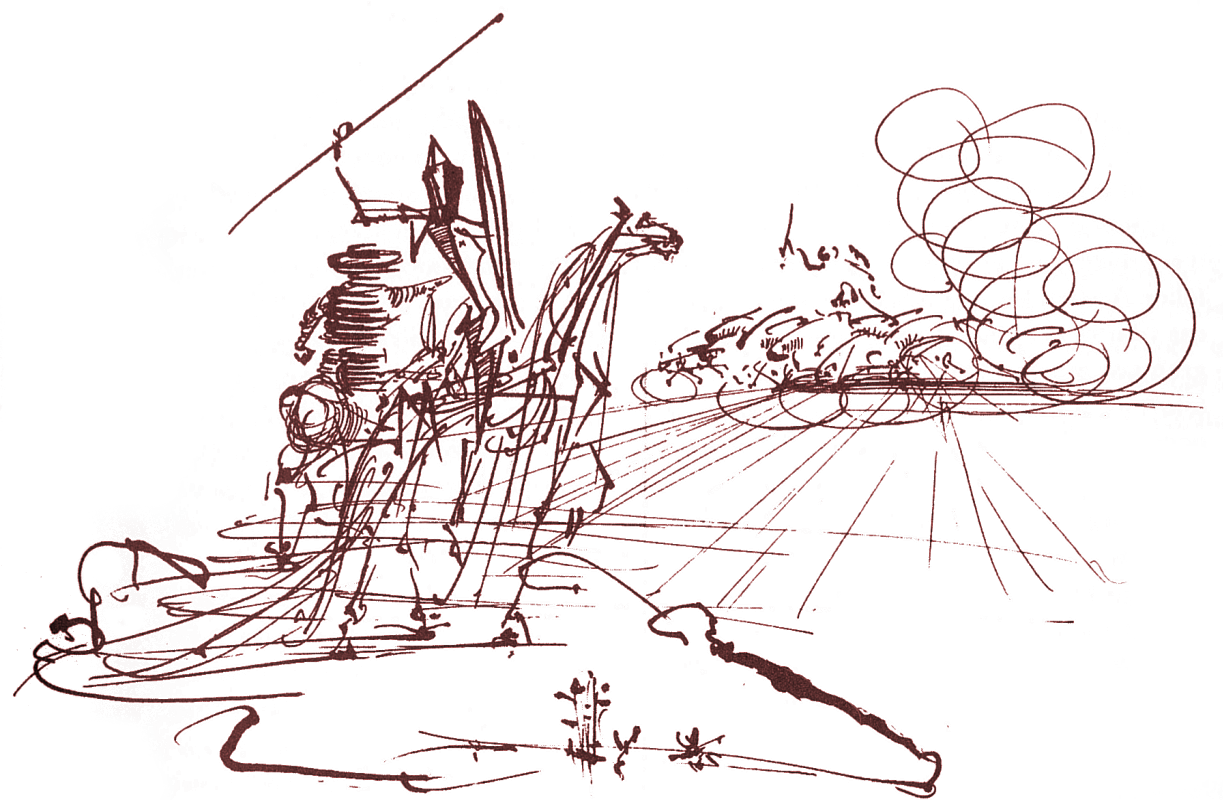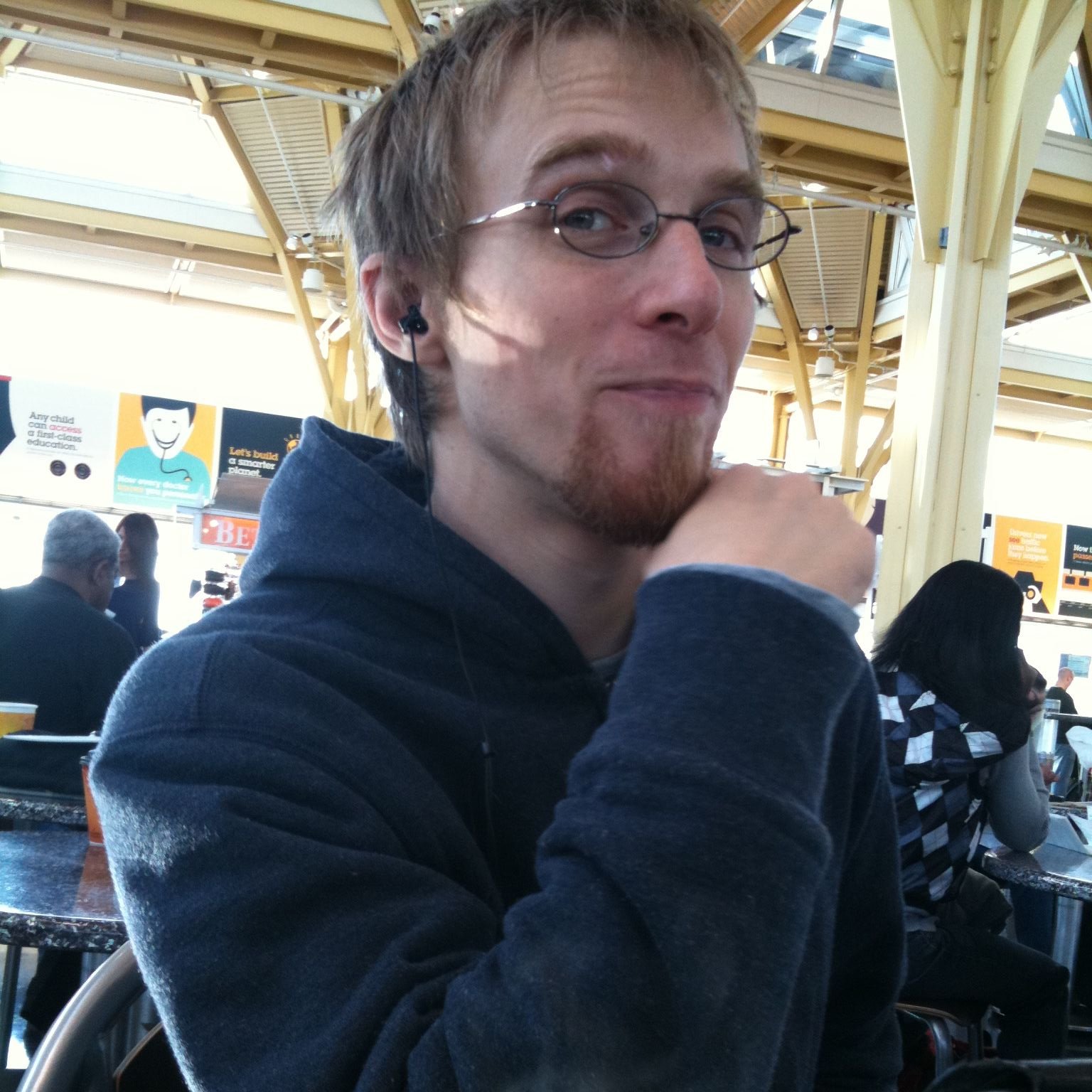Recently another book accosted me and gripped me for several days before I was released, barefoot revolutionary priests dancing at the elusive edges of my vision. The book was entitled Liberation Theology: the Essential Facts about the Revolutionary Movement in Latin America and Beyond by Phillip Berryman.
Liberation theology was (is) a movement within the Catholic Church and community that incorporates the work of saving souls with a radical sense of community.
Liberation theology is in part a reaction to the blatantly oppressive military dictatorships pervasive in Latin America that rob the poor to feed the rich, with the sanction of the law and the full support of America: signified by military and economic “aid”.
The Church has historically been used as a tool for the maintenance of these systems: the religion as taught by the Jesuit missionaries who traveled with Pizzarro and Cortez aided colonization. They taught that the material world is but a test. Justice and rewards are not to be sought in this life because the real reward comes after death. Jesus was poor and suffered on the cross, therefore, your poverty and suffering brings you closer to Jesus. This ideology helped manufacture a docile slave class.
The classic “separation of Church and State” doctrine of the Church has often led the Church to justify non-intervention in even clear-cut political matters. This silence can add legitimacy to illegitimate regimes, and, because of the position that priests hold as community leaders, can leave the Church complicit in the acts of hostile States.
Berryman points out that liberation theology revolutionizes this milieu, stressing the idea that oppressors exist in a state of sin, and systems that benefit and uphold an oppressive class are also sinful.
The focus of liberation theologians is to build a sense of self-worth and dignity within the poor. This is accomplished through community building: helping to facilitate a Christian brotherhood and sisterhood on earth like that of the Apostles of the early Church.
Priests often facilitate discussions of poverty: its biblical and historical factuality. The stress at the grassroots level encourages the real mingling of priest as members of the community.
Berryman’s book is lucid and well written. It takes a solid look at accusations that conservative theologians have made against liberation theology while not shirking the facts in regards to the real state of affairs in Latin America. Overall, an excellent summary of the historical and philosophical roots of liberation theology. Honest and highly readable. Pick up a copy from your local non-profit, collective-minded bookstore.





